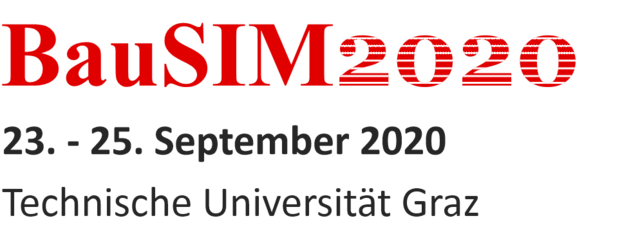Date: 24 Sep 2020
Time: 15.30
Duration: 75 min
To study and understand the behavior of an atrium is difficult, especially if you want to look at periods of poor climate conditions, and not just the extremes.Traditional well-mixed zone models are way too simple, and traditional CFD solutions are too expensive for dynamic studies in everyday project work. Real buildings are never in steady-state. Two new methods in IDA ICE aim to improve these studies; a detailed zone model and a smart integration between IDA ICE and OpenFOAM® CFD. The new zone model, which is based on flow elements, allows for detailed indoor climate analysis with results visualized in a 3D-grid (air temperature, air velocity, operative temperature, draught, CO2, PPD, PMV). The integration between IDA ICE and OpenFOAM® allows for far easier setup of a CFD model, with boundary conditions coming directly from an IDA ICE simulation, thereby capturing the true dynamic nature of a building. In this workshop we will present and demonstrate these new methods. The workshop is followed by a Q&A session.

